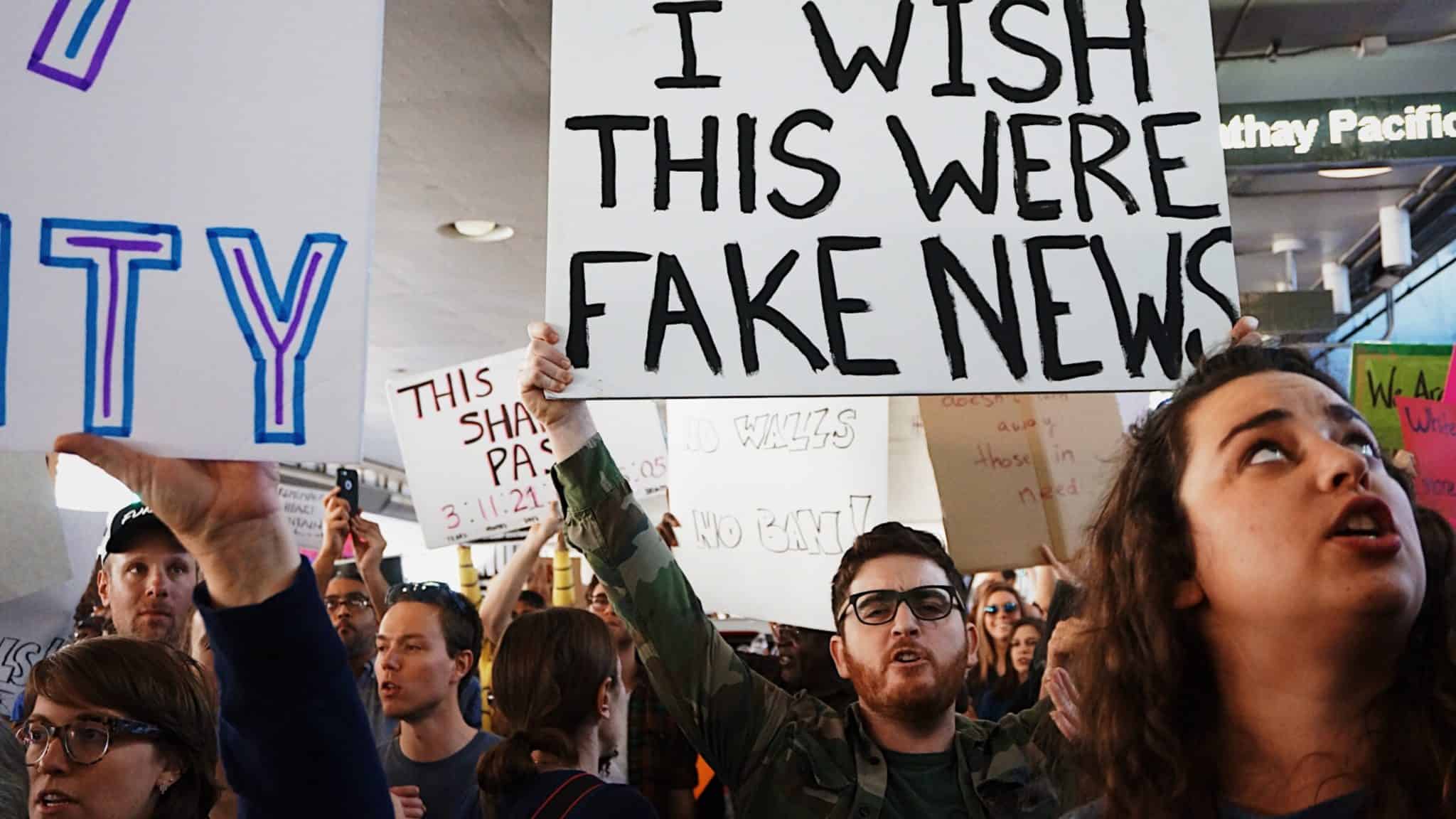A study published by the Oxford University Internet Institute concluded that fake news has a volume of sharing up to four times greater than news and real information. The poll, which analyzed about 580,000 news posts in social networks and seven languages, was based on the European Parliament elections, which began on the 23d and lasted until Sunday, 26, and saw the center parties retain their majority, but lose much of their power in the bloc’s political maneuverability.
According to Oxford, false content (which the institution labeled “ideologically extreme, misleading and information with incorrect facts”) and junk news (as Europeans refer to fake news) are the kinds that encourage phobia in relation to volatile issues, such as religion and immigration.
“The junk news at our base has tended to involve populist issues such as anti-immigration, phobia against Islamic groups, with few mentioning European leaders or parties,” the authors said. Sources from other countries, such as Russia, were also considered in the study to ascertain whether there is any dialogue relationship with other nations, which could constitute external interference in the dispute.
On Facebook, the fake news had up to four times more tastings, shares and/or comments, with leadership in English (3,200 per publication), German (1,900), Swedish (1,76,000) and French (1,700). For Italian and Polish languages, however, the situation reverses: traditional news media, such as newspapers, the Internet, TV and radio, still prevail in engagement with open ideological pages in the social network itself.
On Twitter, the situation becomes a little more reliable, with official vehicles and the press gaining a greater volume of engagement (34%) than false news (3%). The exception to the rule was Poland, where, in the microblogging network, it saw about 21% of the posts in its language to constitute false or non-factual information.
Source: Junk News During the EU Parliamentary Elections
